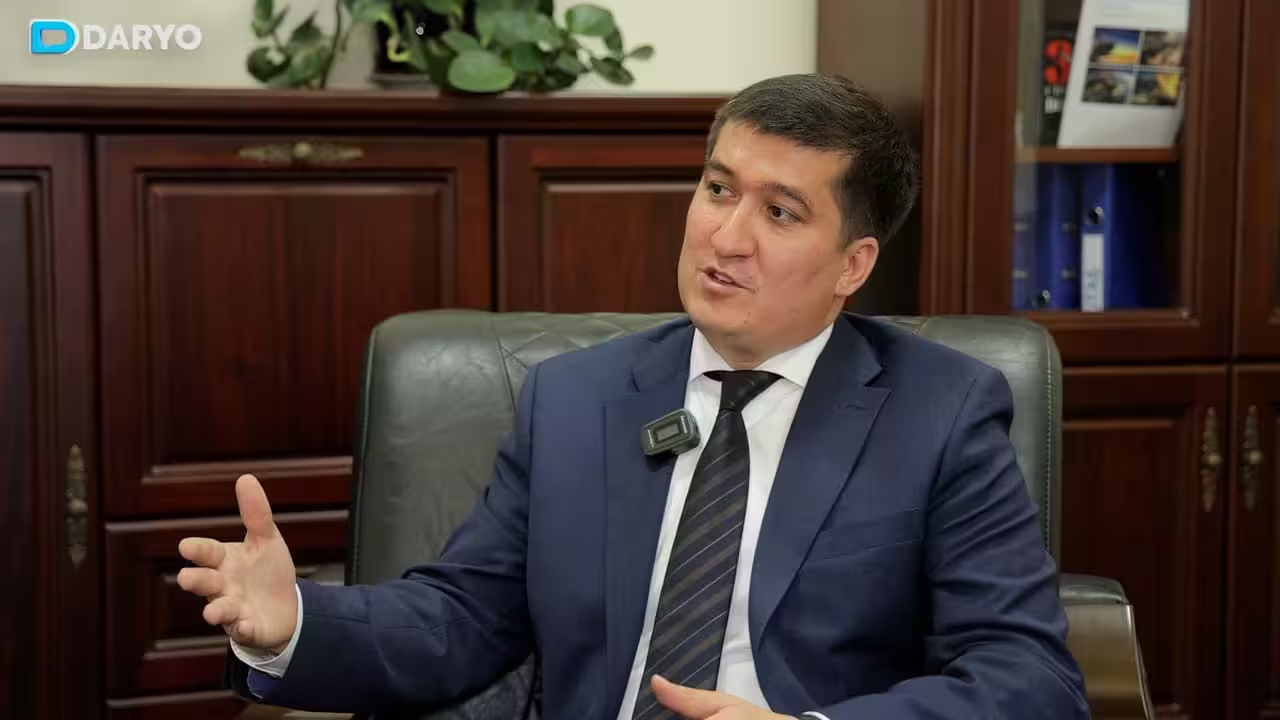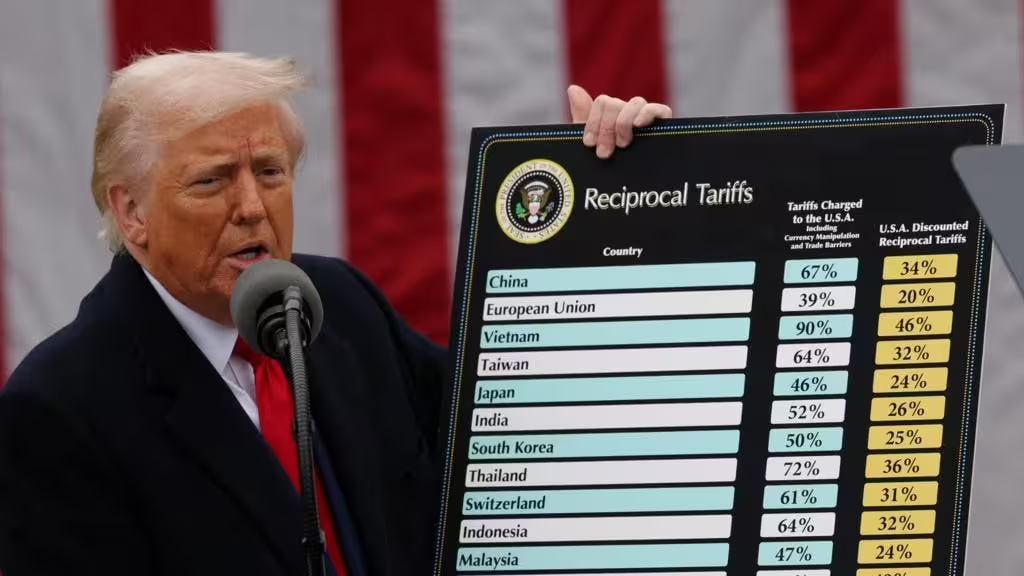Azizbek Urunov, Uzbekistan's Special Representative for the World Trade Organization (WTO), has dismissed concerns that recent US tariffs would significantly disrupt Uzbekistan’s exports.

He pointed out that the United States accounts for just 1% of Uzbekistan’s foreign trade, emphasizing that the country’s trade relationships with other regions are far more substantial. Despite the US imposing new tariffs on goods from several countries, including Uzbekistan, Urunov remains confident that the country’s broader trade strategies will mitigate any potential impact.
Signed on April 2, the decree is part of a larger trade initiative that Trump described as a “declaration of economic independence” and a “day of liberation” for the American economy. The US administration aims to support local producers with these new duties.
Azizbek Urunov, explained that the new tariffs are categorized into three groups. The first category includes duties exceeding 10%, which apply to 57 countries with which the US has a trade deficit, meaning imports from these countries surpass American exports to them.
The second group includes more than 100 countries, including Uzbekistan, with which the US has a trade surplus. These nations face a 10% duty on their imports. In addition to Uzbekistan, this category includes the United Kingdom, Azerbaijan, Kyrgyzstan, Tajikistan, and Turkmenistan.
The third category covers critical goods such as automobiles, steel, and aluminum. Urunov pointed out that the unilateral imposition of tariffs above those specified in WTO agreements is a violation of multilateral trade rules. However, the Trump administration justifies the measures as a response to alleged violations by major exporting countries and members of the WTO.

The US administration has argued that many countries have imposed non-tariff barriers and subsidies on their domestic producers, which violate WTO regulations, leading to a crisis in the global trade system. The WTO, according to the US, has failed to resolve these issues.
Despite these concerns, Urunov dismissed claims from some bloggers that the WTO was nearing its end and that Uzbek exports would face a major setback.
For instance, most of the copper produced in Uzbekistan is exported to neighboring Eurasian countries such as Turkey and China. With increased production, Uzbekistan can shift additional copper supplies to markets like the UAE, which lacks domestic copper but needs approximately 300,000 tons annually.
“It is in our interest not to sell copper as raw material but to create added value within the country,” Urunov said, referencing the 10% export duty on copper introduced by President Shavkat Mirziyoyev.
Urunov also highlighted new opportunities for various Uzbek industries, particularly textiles. As major global textile producers are subject to higher tariffs, Uzbek textile manufacturers now have a chance to attract investment and expand their exports.
Urunov reminded that while the US accounts for 8.5% of global trade, the remaining 90% is shared by other WTO members. He believes that the Trump administration’s actions are aimed at reforming the WTO, not dismantling it.
“Every problem creates a new opportunity, and using it correctly is our primary task!” concluded Urunov.
Follow Daryo's official Instagram and Twitter pages to keep current on world news.
Comments (0)